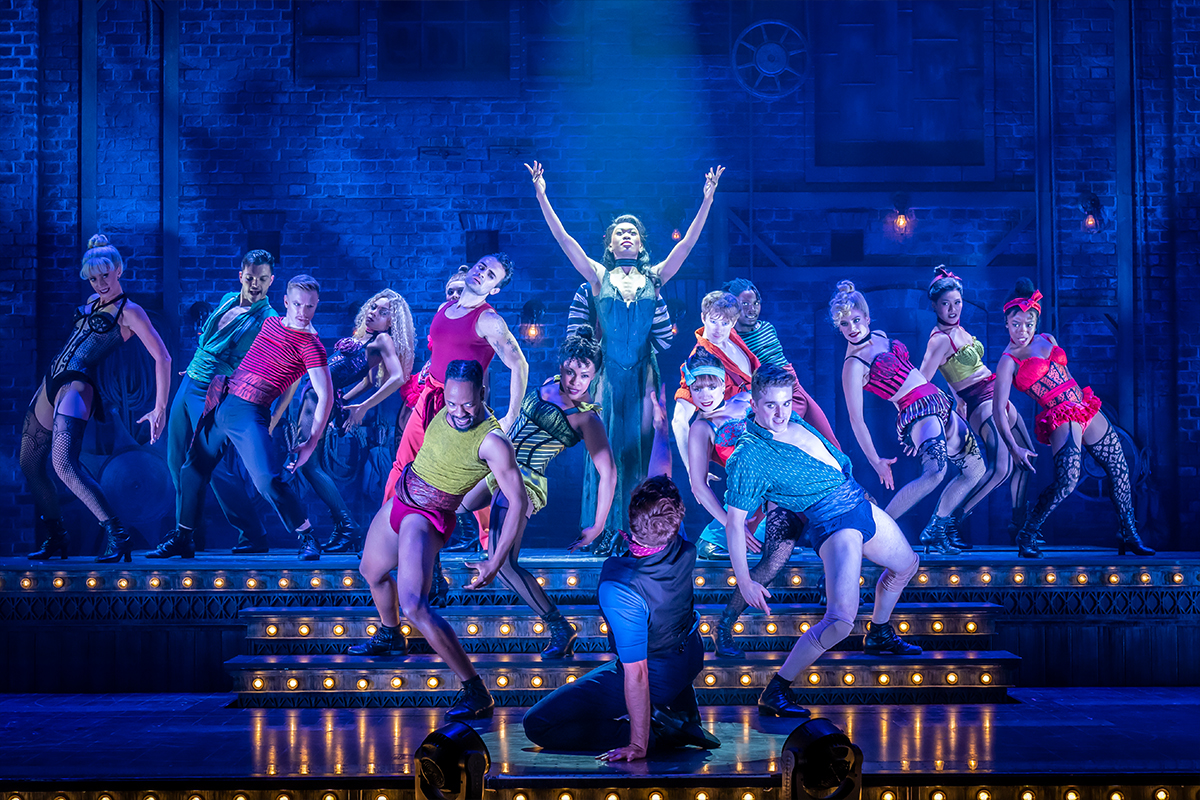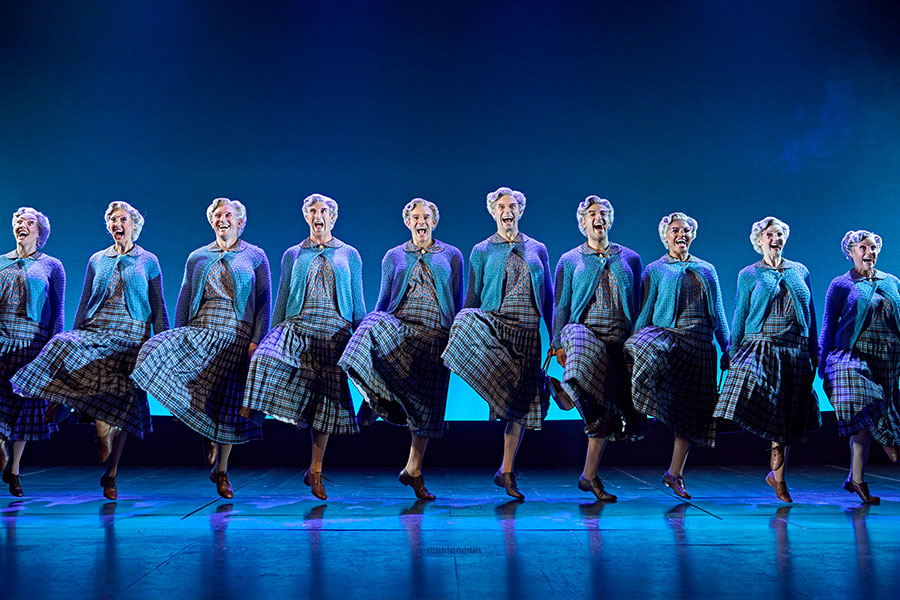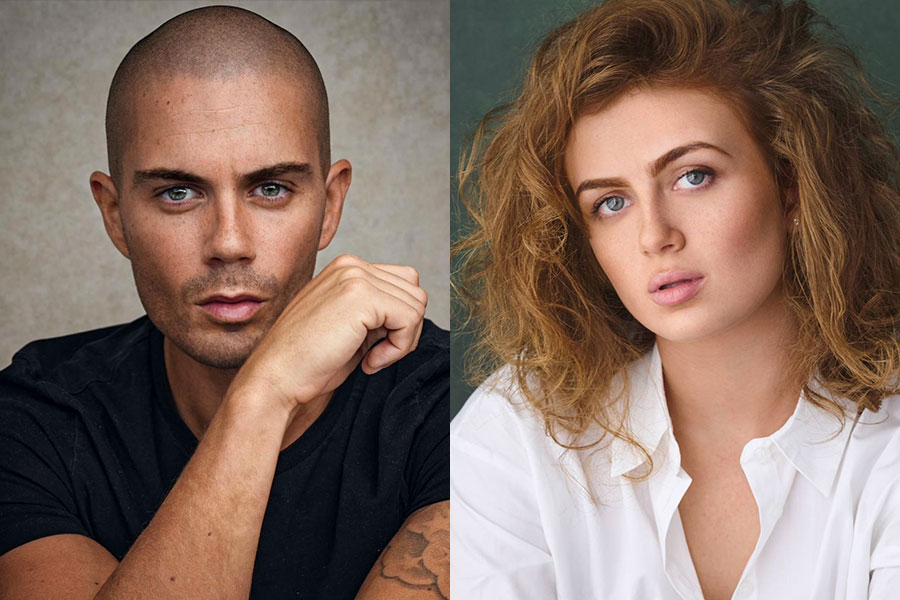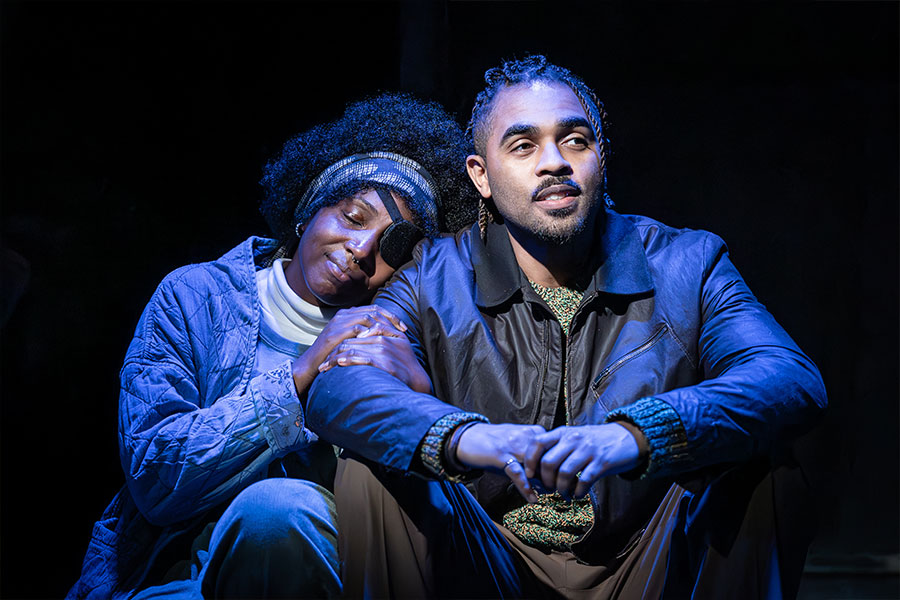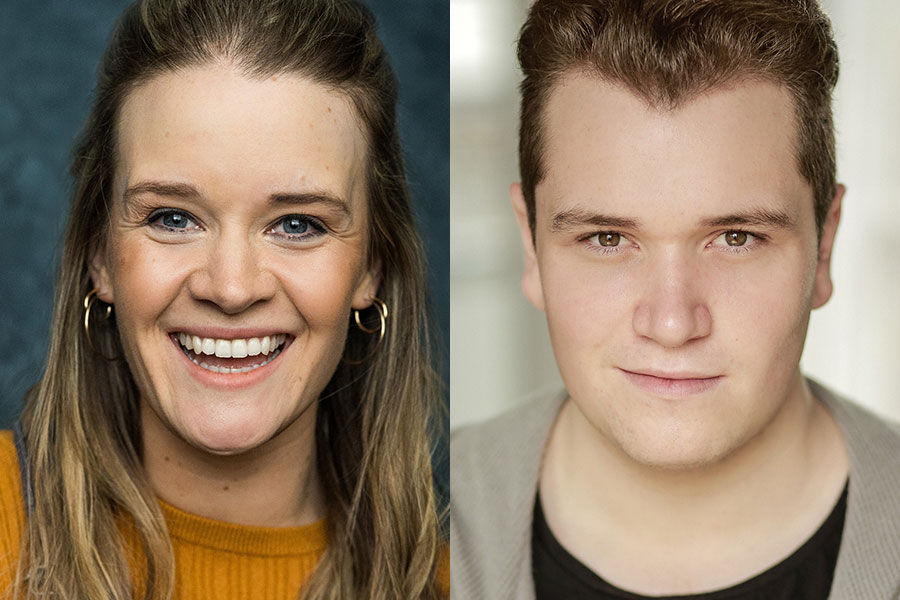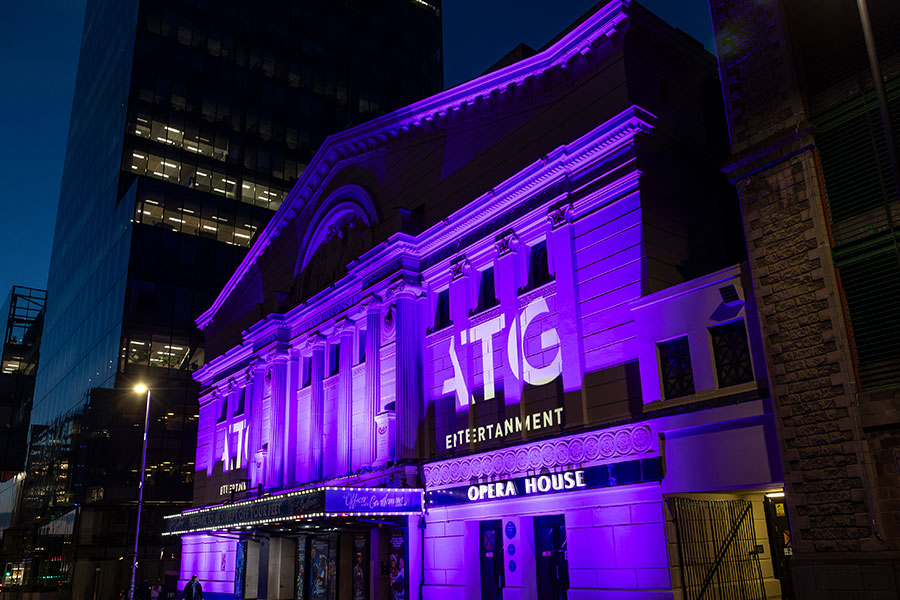Roberto Alagna discusses his glittering career
It’s almost 20 years since tenor Roberto Alagna burst onto the scene as an ardent Romeo in Gounod’s Romeo et Juiette at The Royal Opera and he’s been a regular visitor there ever since. In demand by all the major opera houses throughout the world he is now, at 47, at the peak of his powers. Equally at home in the French and Italian repertoire (he is of French-Sicilian descent), he is back in London to sing Radames in Aida with The Royal Opera.
His encounter with this opera at La Scala, Milan made headline news across the world as he famously walked off after his opening aria having been booed by the notorious loggionisti – but that is Milan. He seems relaxed to be back at Covent Garden and once his coterie of admiring fans have left his dressing room we get down to business.
Given his background it comes as no surprise that his musical upbringing was not a conventional one: “In my family the voice was the most important thing in the world. The father of my grandfather was a tenor in New York. He was born and died there and he sang for the mafia. Normally he would have had to pay protection money to them but because he had this beautiful voice the mafia bosses told him that he didn’t have to pay but sing instead. He was also friends with Caruso. My grandmother was a soprano and she would tell me stories of him and the great Caruso, so really whenever there was a new addition to the family, they would sing.”
He admits that he can’t remember when he first sang and although we joke that he may have sung before he started to speak, he reckons that they happened more or less at the same time. “My mother has a tape of me singing when I was four and it is strange as I had a very masculine voice at that time. I was not a boy soprano – I sang like a man!”
For someone with such an ebullient personality it’s hard to believe that Roberto became very shy as a youngster when it came to singing for others, so as a way of detracting from having to sing he took up the guitar and accompanied his brother and father but by the age of sixteen he had started singing again – this time in pizzerias and despite the fact he went on to study singing only a year later, by the age of twenty he was singing in opera houses.
Having received most of his musical education listening to the great tenors of the past on LP from Bjorling to Pavarotti, I’m interested to find out if one has influenced more than any of the others. “No, I can’t pick one. For example Luciano Pavarotti is like a God – a phenomenon, but Bjorling had a wonderful softness to his voice and then there’s Gigli, Carreras, Domingo, you know I am in love with the voice and I have a huge respect for my colleagues as it’s very difficult to go on stage. It takes courage.”
When I ask him to look back at his career and discuss some of his most notable achievements he is reluctant to take a trip down memory lane as for him the future is more important, but when pressed he admits that Covent Garden is very special as not only did he meet Angela Gheorghiu here (his wife), but made his debut with The Royal Opera in 1992, “I was young. It was very exciting, and I love the city and I enjoy working here. I love the reaction of the public here – it’s very noble and when they love you, they love you sincerely. I like that.”
Radames, the role he is currently singing with the company, is often considered not only to be very difficult but one of Verdi’s ‘heavier’ tenor roles but Roberto doesn’t see that there’s any difference in singing ‘heavy’ and ‘light’ roles. “I never think about that. Absolutely never. You know the first time I sang in Pagliacci which is very heavy I was thirty-three years’ old. And I also sang Don Carlos when I was the same age. I just try and put my voice into those characters. I don’t try and sing with another voice – it’s the same voice I use to sing Nemorino. These days people are used to listening to Otello being sung with a very dark baritonal sound, but if Verdi had wanted a baritone he would have written the role for a baritone but he choose to write it for a tenor because he wanted the brightness and the colour that a tenor can bring to the role. A tenor must sound like the sun – there must be the feeling and sound of sun in the voice.”
He has plans to continue singing Rodolfo in La Bohème and Nemorino in L’Elisir d’amore and as far as he’s concerned Nemorino is also a heavy role as the character is on stage for most of the evening and the role involves a lot of singing so is on a par with Radames. Despite all the talk of Otello he won’t be drawn into whether this is a role he has his sights on, nor are we likely to see him singing much of the German repertoire in the future either, but he will be adding other French and Italian roles but is in no hurry to relinquish any of the roles currently in his repertoire. “I want to keep the voice as fresh as it was when I first started singing.” And given the current rave reviews his performances as Radames are earning, that seems to be the case.
Aida is in repertory at The Royal Opera House, Covent Garden until 15 April 2011. Roberto Alagna sings Radames until 19 March. www.roh.org.uk.



